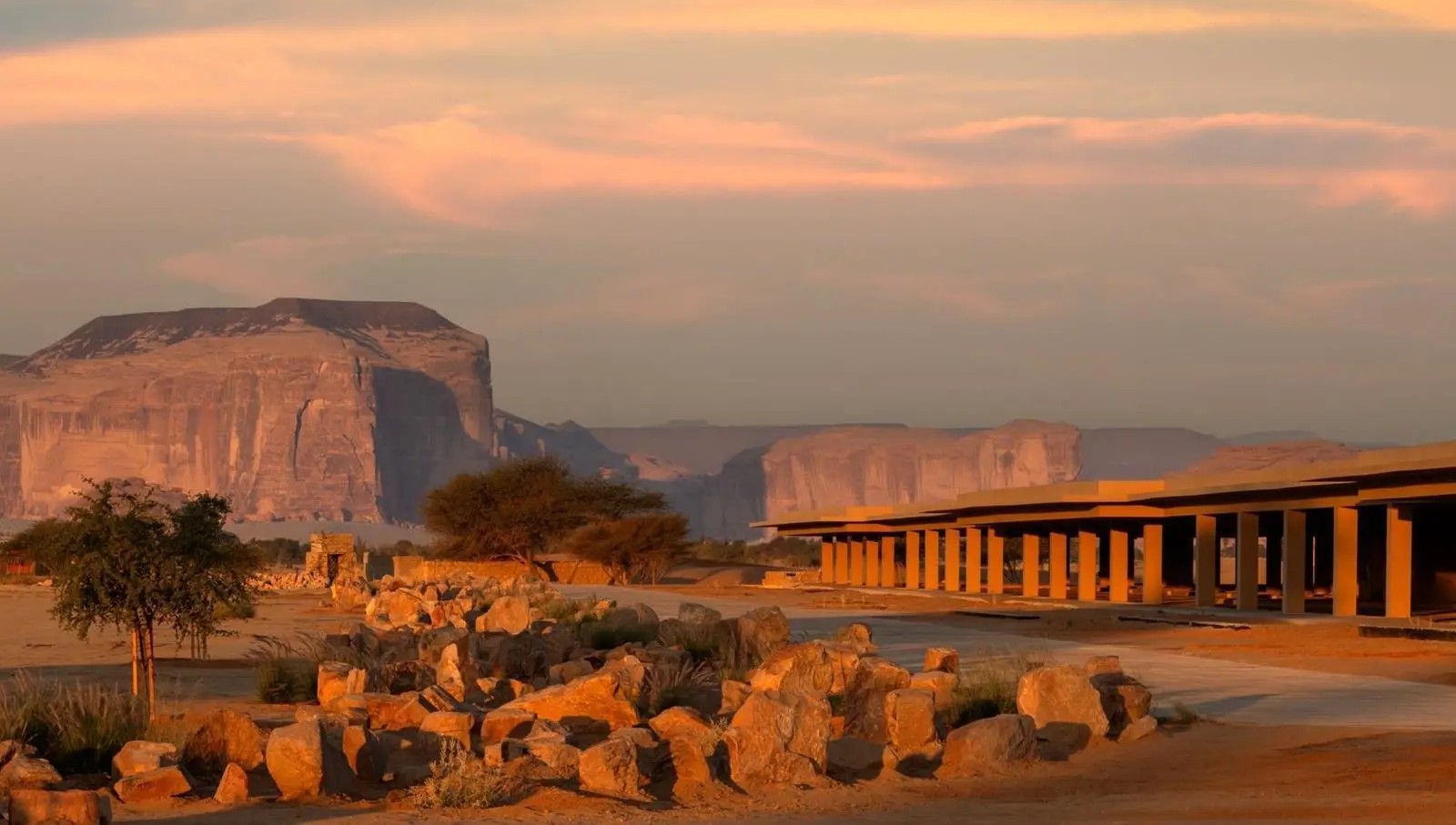Taiwan plans to open a tourism office in Indonesia next year as it looks to capture a greater portion of one of the world’s fastest-growing outbound travel markets.
More than 200,000 Indonesians visit Taiwan each year. Taiwan is looking to ramp up those figures by establishing an on-the-ground presence in Jakarta in 2026.
Lin Hsin-jen, Taiwan's deputy representative in Indonesia, described the Southeast Asian country as a market Taiwan can no longer afford to overlook, noting that the country of 280 million is not only "the world's largest Muslim tourism market," but also one of the region's most reliably growing economies.
"For Taiwan, this is our new blue ocean for tourism," Hsin-jen told the Central News Agency (CNA).
Taiwan also consistently ranks second or third worldwide in global surveys evaluating Muslim-friendly tourism destinations, he added.
"Visitors can shop, enjoy mountains and rivers, and experience culture - all in one place. In this way, Taiwan's tourism products are a perfect match for the Indonesian market."
Taiwan is also strengthening industrial and trade ties with Indonesia, Lu Feng-ching, director of the economic division of the Taipei Economic and Trade Office (TETO) in Indonesia, told CNA.
This year, Taiwan and Indonesia signed a design cooperation agreement aimed at expanding exchanges in exhibitions, professional judging and young designer talent, he said.
An agreement on halal promotion was also inked, enabling Taiwanese food, beverages, cosmetics and pharmaceuticals certified by the Taiwan Halal Integrity Development Association to enter Indonesia without additional certification.
This agreement not only promotes bilateral trade, but also opens doors to Middle Eastern markets, Feng-ching said.
Taiwanese businesses are expanding their footprint across Indonesia, with roughly 2,000 companies active in manufacturing and services, across shoe, textile and electronics manufacturing to financial services, telecommunications and transport.
The scope of educational exchanges with Indonesia through scholarships and specialized programs has also been broadened, according to Grace Ou, director of the education division at TETO.
The Taiwan government launched a new initiative in 2023 offering dual-degree programs, where students from Indonesia, the Philippines, Vietnam and Thailand spend two years studying in their home countries and two years in Taiwan, with the goal of enabling them to stay and work in Taiwan after graduation, she said.
